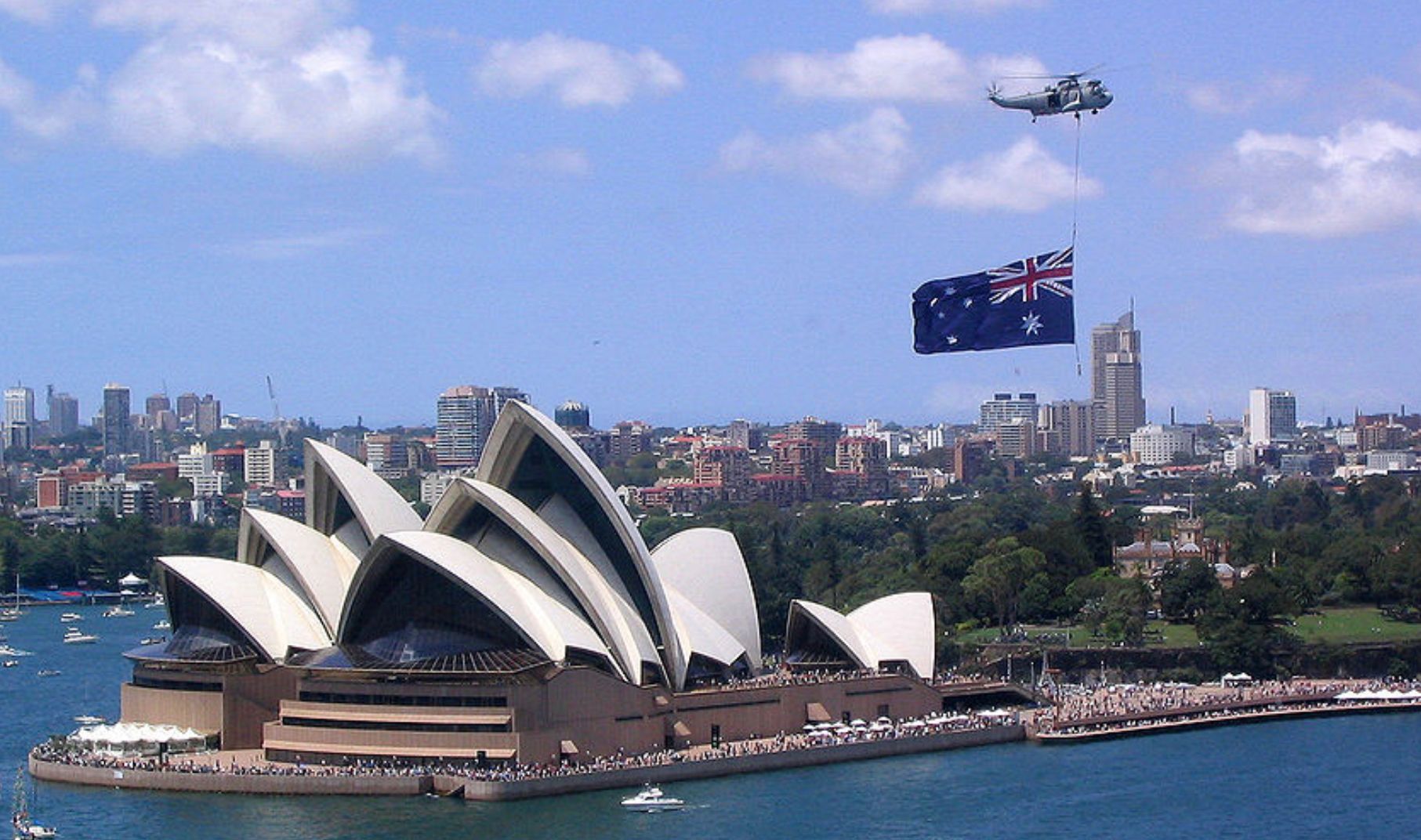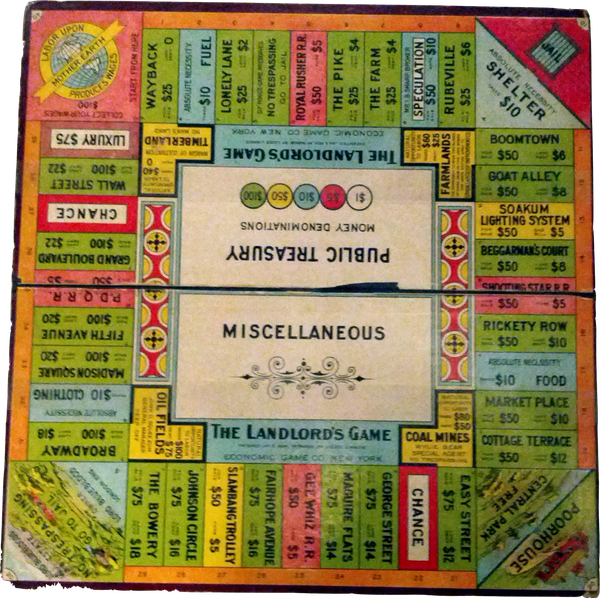The Gist: Demanding Attention
Australia is bringing in a law to mandate a transfer of income from Google and Facebook's new advertising duopoly back to the old Murdoch etc companies that used to hoard that gold. This is the Gist.

The Irish Government continued to start new Covid communications conflagrations into which to throw a tired nation’s goodwill, while questions piled up, unanswered on the doorstep of the Mother & Baby Homes commission, not least from the Minister for Children.
But, as none of these plotlines are due for immediate conclusion, I hope you’ll allow me to continue my diversion into the question of regulating broadcast in a post-internet world. This is The Gist.
This week, the Australian Government triggered a show-down with the two behemoths of social media Google and Facebook. Both present themselves as companies that offer services to consumers for free. Neither make their money doing so.
Both are actually exceedingly large advertising companies- the largest the world has ever seen and the most profitable. They are not the Washington Post of Watergate. They are the Mad Men of Madison Avenue and every TV network and newspaper rolled into one. They sell people- their users- to businesses.
And it was that business the Australian Government (egged on by Rupert Murdoch’s creaky old media) has honed in on. Advertising is the business that actually makes the money that bubbles up through the walls and floors of Facebook and Google, uncontrollably showering each in riches, like Beverly Hillbillies who went out shootin’ for some food and ended up owning Saudi Arabia.
Previous efforts to claw back that lost advertising income had relied on asserting copyright on links to their material. The problem with this, even for a sympathetic government, was that it would create a wider problem with everyone- large or small- falling foul of potential copyright claims for every link. (Ireland had some experience of how badly this could go awry in 2012).
So, instead, the Australian Competition and Consumer Commission was tasked with an inquiry into Facebook and Google specifically, and produced a report proposing legislative changes to claw back some of the value of those missing ad dollars. You’re 206 pages in before you get to the nub of the argument they created;
There is a fundamental bargaining power imbalance between media businesses and Google and Facebook that results in media businesses accepting terms of service that are less favourable.
Using the language of competition, the Aussie Commission set out an argument that newspaper and other media deserved payments for the value of their work but that they weren’t getting them because of Google and Facebook’s dominent market power. In response, the Australian Government proposed a binding arbitration panel that would assign values that ‘should’ be paid to the old media by the new platforms and then enforce those values as debts, under pain of millions of dollars of fines.
The problem with this is that G&F don’t rely on ‘news’ to make their money. As Facebook swiftly demonstrated by blithely cutting Australian news sources (and a lot of other things too) out of its platform as a response. Old media sold its stories to readers (or viewers), so that readers could be sold to advertisers. But Facebook is full of little economic units who are making their own stories- pictures of their grandkids, walks in the wood, tales of their day. News is less than 4% of Facebook’s feed content.
Which leaves the same problem the Aussies tried to solve still in play- the output of trustworthy media has never been so socially valuable. But if they don’t understand the way Internet platforms work, they can mistake that social value for a commercial value it just doesn’t have to those platforms.
Whatever the outcome of Australia’s experiment, rent-seeking just doesn’t seem to be a business model with any future for those trusted news sources. Not when the tenants can move away from your plot at will.




